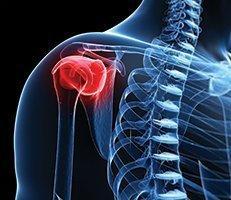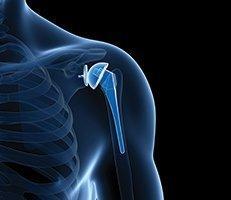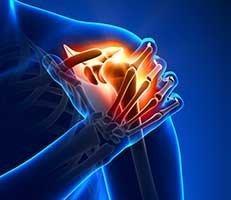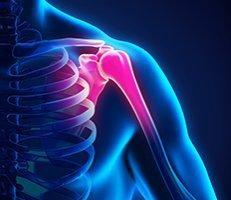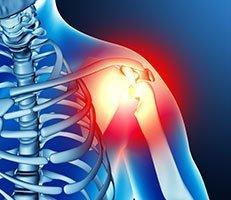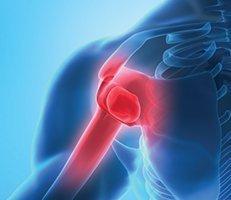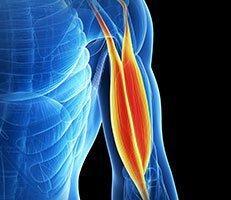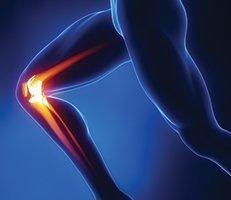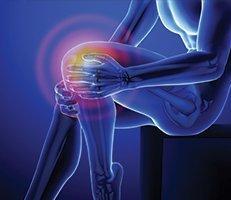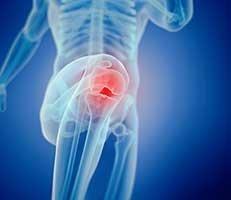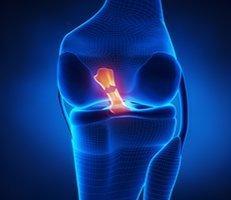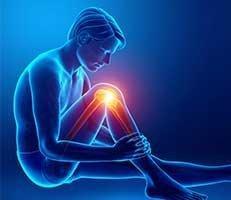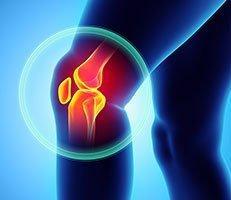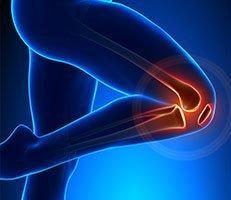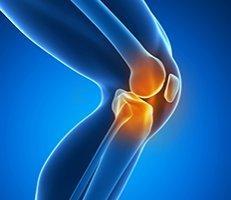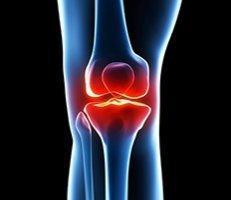The Achilles tendon affects your ability to do everything from walking to playing competitive sports. When a patient overstretches his or her Achilles tendon, it can result in a full or partial tear in the tendon, also known as a rupture. In addition to causing a great deal of pain, ruptures can have a profoundly negative impact on your quality of life and prevent you from performing activities you once enjoyed. Because these injuries tend to worsen with time, it’s important to contact a board certified orthopedic surgeon like Dr. Eric Millstein for immediate attention after an Achilles tendon tear.
What is the Achilles Tendon?

The largest tendon in the body, the Achilles tendon is a cord connecting the calf muscles to the heel bone. Also called the “cord of Achilles,” the tendon gets its name from the hero of Greek myth. According to legend, Achilles was invulnerable everywhere but his heel, where a poisoned arrow eventually felled him.Because the blood supply to the Achilles tendon lessens with age, the tendon becomes vulnerable to inflammation and rupture, a fact which makes it a true “Achilles heel” for many older patients. Achilles tendon injuries are also common among athletes and those who engage in
Because the blood supply to the Achilles tendon lessens with age, the tendon becomes vulnerable to inflammation and rupture, a fact which makes it a true “Achilles heel” for many older patients. Achilles tendon injuries are also common among athletes and those who engage in more physically demanding activity.
How is the Achilles Tendon Torn?
A rupture occurs when a patient overstretches the Achilles tendon, an act which causes it to tear partially or completely. Achilles tendon ruptures can occur during athletic play or any time the tendon is stretched in an unexpected way.
Whereas calf strains and tendonitis may cause tightness or pain in the leg, Achilles tendon ruptures are typically accompanied by a popping sensation and noise at the time of the injury. In fact, some patients joke that the popping sound was loud enough to make them think they’d been shot. Seeing a board-certified orthopedic surgeon is the best way to determine whether you have suffered an Achilles tendon tear.
Diagnosing Achilles Tendon Injuries
During your visit, Dr. Millstein will perform a thorough physical exam to determine whether or not you have torn your Achilles tendon. He will examine the heel, ankle and leg for signs of swelling and may ask you to stand and flex your calf muscles. Dr. Millstein will also likely order an MRI to assess the extent of your injury. If the tests determine you have suffered an Achilles tendon injury, Dr. Millstein will sit down with you to discuss treatment options.
Surgery for Achilles Tendon Rupture
Most patients who have suffered an Achilles tendon injury require surgery to repair the tear. While some patients opt to have the ankle put in a cast instead of undergoing surgery, studies show that immobilization is a less reliable method of treatment with a greater likelihood of re-tearing.
Achilles tendon rupture surgery is an effective means of repairing tears and getting patients back on their feet faster. Dr. Millstein performs open surgery to repair Achilles tendon ruptures, as this technique results in less damage to the surrounding nerves. Before your procedure, Dr. Millstein will administer either general or regional anesthesia. He will then stitch the ends of the ruptured tendon back together. Depending on the severity of the rupture, Dr. Millstein may use other tendons to help reinforce the repair.
After Surgery and Rehab
It can take as long as six months to recover completely from Achilles tendon rupture surgery, and the speed with which you improve may depend on the amount of effort you put into your rehabilitation. Following surgery for an Achilles tendon rupture, Dr. Millstein will likely advise you to wear a walking boot for six to eight weeks. Over time, the position of the boot will change to alter the direction in which the foot is pointed until the foot is once again in a neutral position. Most patients require physical therapy to strengthen their leg muscles and the Achilles tendons after surgery. Be sure to follow Dr. Millstein’s post-op instructions and do not jump back into strenuous physical activity too soon, as doing this could cause a re-rupture.
Results
The success of Achilles tendon rupture repair depends on a number of factors including your age, activity level, the severity of the rupture and how soon you sought treatment. Your surgeon’s experience level can also play a significant role in the outcome of your procedure. A board-certified orthopedic surgeon, Dr. Millstein has been recognized as a Southern California Super Doctor on more than one occasion for his expertise in orthopedic surgery and sports medicine.
Most patients make a great recovery after Achilles tendon rupture surgery. If you’ve suffered an Achilles tendon rupture, don’t hesitate to call Dr. Millstein at (310) 595-1030 or contact us online for a consultation.

